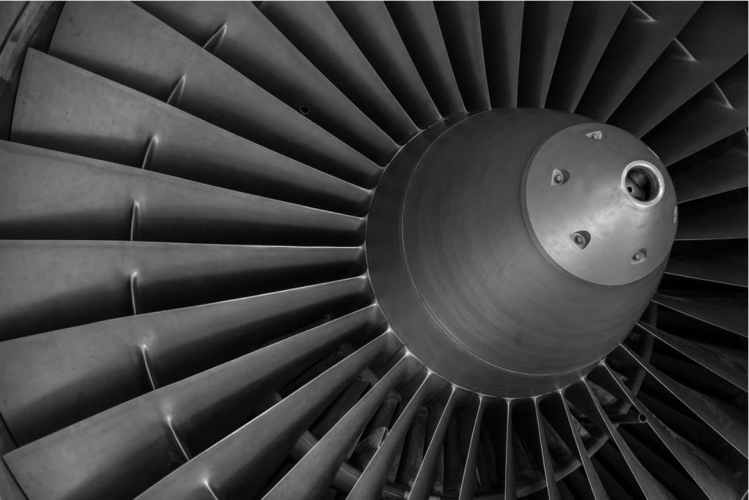LITECS aims to reduce environmental impact of gas turbine engines
Strathclyde University is leading LITECS, an £8m research programme aiming to reduce the environmental impact of aviation and power generating gas turbine engines (GTEs).


The Laser Imaging of Turbine Engine Combustion Species (LITECS) programme aims to deliver transformational combustion measurement and modelling tools to enable the development of low emission engine designs and evaluation of new low emission fuels.
Project uses laser sensing to measure gas turbine emissions
Funded by the EPSRC and industry, the consortium of the universities of Strathclyde, Edinburgh, Manchester, Southampton, Loughborough and Sheffield, builds on a previous £2.8m programme which used newly developed laser techniques to demonstrate two dimensional imaging of carbon dioxide in the exhaust plume of a full-scale commercial gas turbine aero-engine.
Southampton’s Optoelectronics Research Centre (ORC) is expected to make contributions to the LITECS programme in the areas of fibre lasers and amplifiers, and delivery fibres at wavelengths longer than 2μm.
Researchers, backed by Rolls-Royce, Siemens Energy, OptoSci, M Squared Lasers and Tracerco, are working to establish several new non-intrusive multi-beam laser measurement systems for simultaneous imaging of the concentration of multiple gases, soot and temperature in the exhausts and combustion zones of GTEs.
Register now to continue reading
Thanks for visiting The Engineer. You’ve now reached your monthly limit of news stories. Register for free to unlock unlimited access to all of our news coverage, as well as premium content including opinion, in-depth features and special reports.
Benefits of registering
-
In-depth insights and coverage of key emerging trends
-
Unrestricted access to special reports throughout the year
-
Daily technology news delivered straight to your inbox









Water Sector Talent Exodus Could Cripple The Sector
Maybe if things are essential for the running of a country and we want to pay a fair price we should be running these utilities on a not for profit...